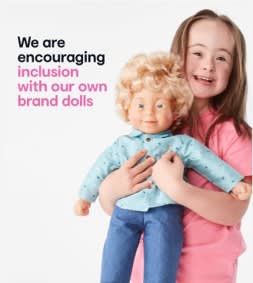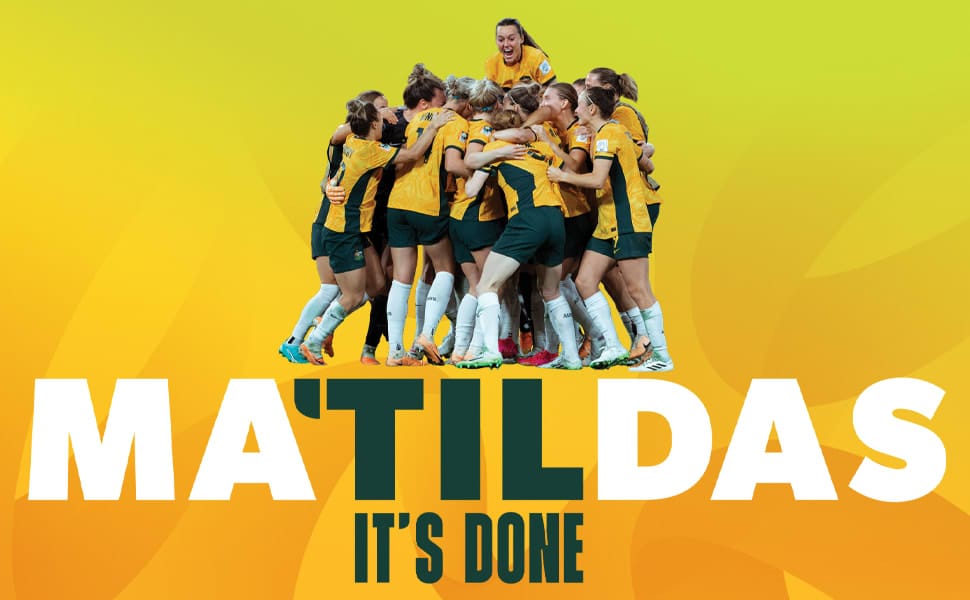
In today’s business world, consumers are increasingly demanding the brands they support engage in inclusive marketing. In response, marketing practice in Australia is changing, with brands paying closer attention to ensuring their communications and products reflect their customer base and the diversity of Australian society.
Australia’s diversity, as evidenced by the ABS Census 2021, includes an ageing population, a significant LGBTQIA+ community, high net migration rates, a large number of residents born overseas, single-parent households, and a considerable number of people living with disabilities.
Inclusivity is not only a sociocultural imperative, but also beneficial for business.
These sentiments were reiterated by leaders from Kmart, Kraft Heinz, and Ogilvy at the latest Monash Marketing Business Breakfast, where they shared how their organisations are championing inclusive marketing, a multi-dimensional construct that aims to create a sense of acceptance, belonging, empowerment, equality, and respect among diverse consumer groups.
Integrating inclusivity into core business practices
Reflecting on the significant market reach of their brands, Andrea Payne, Head of Marketing at Kraft Heinz, highlighted the need for brands to authentically represent their customer base.
She also emphasised the importance of integrating diversity, equity and inclusion across operations – from inclusive hiring and training, to product development and marketing. They’re grounded in a growing body of research that illustrates the economic, ethical and strategic imperatives for these initiatives.
Inclusive marketing is also about creating a sense of belonging among audiences by focusing on presence (who is represented), portrayal (how they’re depicted), and placement (where and who sees it).
Kraft, for example, has established a comprehensive inclusive marketing strategy that includes setting inclusive marketing targets, building competency through diversity, equity and Inclusion training for the marketing team, and fostering accountability with regular progress reports.
In this sense, inclusive marketing integrates these principles into recruitment, development, and management processes, ensuring diversity and accessibility are at the forefront of its business and marketing strategies.
In essence, inclusive marketing transcends mere tokenistic gestures; it requires sustained effort and commitment across the organisation.
Embedding inclusivity into product design and community engagement
Inclusive marketing also extends to product design and community engagement.
Rennie Freer, General Manager at Kmart Australia, notes that businesses have both the opportunity and the responsibility to embrace inclusivity at scale.
A good example is the growing number of fashion dolls representing people with disabilities available in Australian stores (see below). This type of inclusive marketing approach is a step in the right direction to helping normalise and destigmatise disability.

Another example can be found in the global cosmetics industry, where new products and services are being designed to enhance accessibility and benefit a diverse customer base.
Companies can also embrace inclusive marketing through their community events. At the recent Melbourne Fashion Festival, for example, Kmart showcased diverse talent on the runway to better-reflect the diversity of its team and customers.
However, inclusive marketing practice can be problematic if brands don’t seek appropriate guidance from community groups to ensure their actions align with community expectations.
Using inclusive storytelling to drive marketing messages
Another powerful way to bring inclusive marketing to life is through storytelling. Hilary Badger, Executive Creative Director at Ogilvy Melbourne, argues the key lies in understanding and engaging the audience through stories.
Her experience is that this approach can increase both mind share and market share. This approach is exemplified by the Matildas’ “Til It’s Done” campaign (see below), which was designed to celebrate and promote women’s sports achievements, playing a pivotal role in fostering joy, trust, and connection among audiences.
Organisations seeking to adopt this storytelling approach need to value and embrace authenticity. They should ensure the stories they tell are developed by and truly reflect the experiences of the diverse groups they aim to engage with.

Navigating a pathway forward
Failing to embrace inclusive marketing leaves brands open to being perceived as out of touch, which in turn can damage their reputation and market share. For example, the Australian Idol reboot in 2023 faced criticism for its lack of diversity, underscoring the importance of representation that mirrors Australia’s multicultural society.
Nevertheless, companies must also recognise that implementing inclusive marketing strategies may provoke negative reactions, and even backlash, from certain segments of their customer base.
The recent controversy involving Bud Light is a case in point. One reason for this is that while diversity initiatives may enhance a brand’s appeal among underrepresented groups, they may also be perceived as threatening by more dominant groups.
This resistance may stem from customers who feel their autonomy is under threat, prefer the status quo, or believe that social equalities have already been achieved.
To navigate these challenges, it’s crucial for companies to critically assess their current practices and consider their impact on both their customer base and the wider community.
Effective inclusive marketing emerges from an inclusive culture within the organisation, necessitating a willingness to engage in genuine change.
Companies must be willing and committed to building understanding and trust in what they seek to do, such that their stakeholders can see a transparent and consistent effort to align public commitments with the firm’s core values and business practices.





